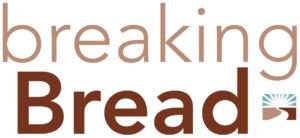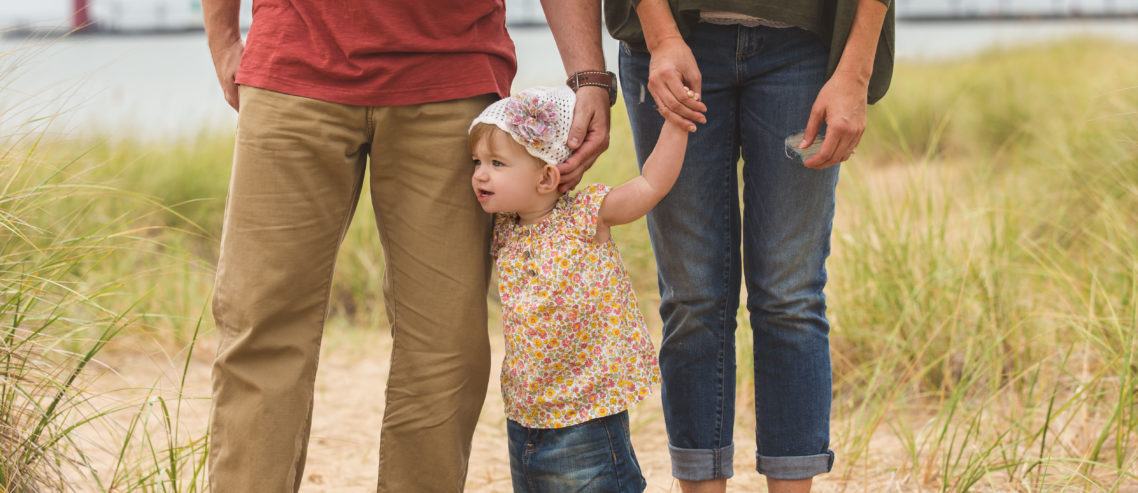Parent & Child Attachment Podcast Episodes
Part 1
Sometimes the struggle while parenting is not rebellion in the child, nor is it poor parenting in the parent. Sometimes the problem lies in the attachment between parents and children. This is a brain problem – with answers. In this episode of Breaking Bread, Craig Stickling teaches us about Reactive Attachment Disorder.
Critical content contained in this episode:
- Attachment is a deep and lasting connection between a child and a caregiver established in the first 36 months of life.
- Attachment is a construct built over time.
- Attachment impacts a person’s self-worth, emotional management and ability to build relationships.
- Characteristics of poor attachment in a child can manifest itself in the following ways:
- detached and unresponsive behavior.
- difficulty being comforted.
- defiant behavior.
- poor boundaries with strangers.
- difficulty trusting parents.
- While cause and effect is difficult to tease out, Reactive Attachment Disorder rises from early trauma and stresses and should be understood as an infliction of the brain.
- While trauma and stresses may be present in the early years of a child it puts them at higher risk of Reactive Attachment Disorder but doesn’t mean that they necessarily will suffer with attachment issues.
- The road to recovery includes reorienting a child’s brain toward their parents. Establishing “mom and dad know best” and can assure safety along with unconditional love is foundational.
Resource: “When love is not enough” by Nancy Thomas
Part 2
The best way to be helpful to an unattached child is to direct them back to their parents. In this episode of Breaking Bread Craig Stickling answers some direct questions regarding attachment disorder. His answers are both practical and hopeful.
Critical content contained in this episode:
- Question: How can the believing community be helpful with the unattached child?
Answer: Always direct the unattached child back to their parents.
- Question: Is unattachment unique only to non-biological children such as foster children and adoptive children?
Answer: No. Biological children can undergo attachment trauma in the early months of life also.
- Question: Will early attachment trauma always result in attachment disorder with our children?
Answer: No. Each child is unique. Temperaments play a part. Some children are more disposed to connection and relationship.
- Question: Is there hope for the unattached child to become attached?
Answer: Yes. While healing takes time, positive momentum and difference can be seen in surprisingly short time frames if proper supports are put in place.
- Question: Does God understand attachment disorder?
Answer: Yes. God’s call to mankind, to trust Him and to walk in relationship is exactly the attachment issue. He longs for our attachment to Him as we long for our children to be attached to us.
- Question: What encouragement can you give parents who are dealing with attachment disorder?
Answer: You will be seen as trustworthy to your child.
-
- You will be able to handle their misbehavior.
- You will be able to remain calm during stressful encounters.
- You will be able to protect them.
* You will be an advocate for their healing and growth.
- Question: What resources would you offer those who want to learn more about attachment disorder?
Answer: Nancy Thomas – Families by Design
Matthew and Fawn Bradley, Beatitude House
Lee Anne Cooper, Unplowed Ground

Listen on Spotify – Listen on Apple Podcast





Comments
Leave a Comment